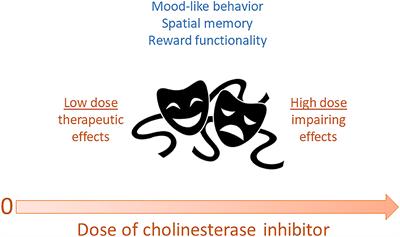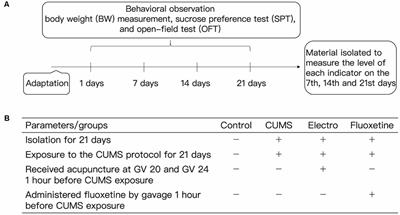EDITORIAL
Published on 16 Feb 2021
Editorial: Animal Models of Stress - Current Knowledge and Potential Directions
doi 10.3389/fnbeh.2021.655214
- 4,588 views
- 5 citations
6,424
Total downloads
29k
Total views and downloads
You will be redirected to our submission process.
EDITORIAL
Published on 16 Feb 2021
REVIEW
Published on 14 Jan 2021

BRIEF RESEARCH REPORT
Published on 07 Jan 2021

ORIGINAL RESEARCH
Published on 04 Dec 2020

ORIGINAL RESEARCH
Published on 27 Aug 2020
![Short- and Long-Term Repeated Forced Swim Stress Induce Depressive-Like Phenotype in Mice: Effectiveness of 3-[(4-Chlorophenyl)Selanyl]-1-Methyl-1H-Indole](https://www.frontiersin.org/files/myhome article library/564187/564187_Thumb_400.jpg)
